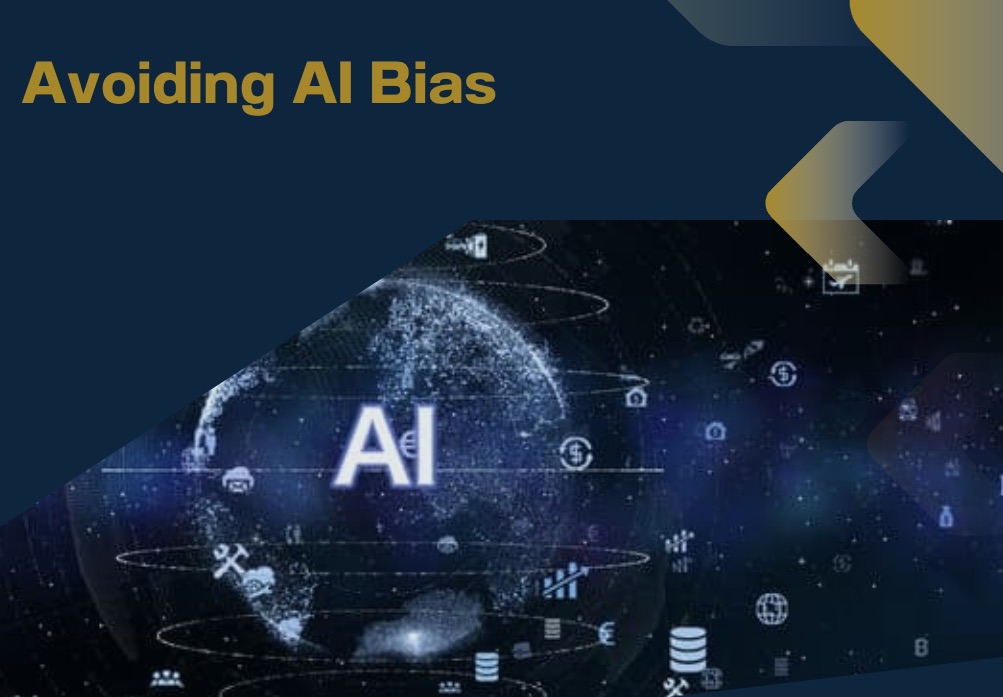The rapid advancement of artificial intelligence has revolutionized how Managed Service Providers deliver solutions to their clients. However, as AI becomes increasingly integrated into MSP offerings, an important concern has emerged: AI bias.
When AI systems perpetuate or amplify existing biases, they can lead to unfair outcomes, regulatory issues, and damaged customer trust. Creating a fair and compliant AI framework isn’t just an ethical imperative—it’s a business necessity for MSPs looking to leverage AI technologies responsibly. This article explains how MSPs can avoid bias in AI models, implementing fair and nondiscriminatory practices to support compliance and customer trust.
Understanding AI Bias and Its Impact on MSPs
-
The Nature of AI Bias
AI bias occurs when machine learning models produce results that systematically prejudice particular groups. For MSPs implementing AI solutions, such biases can manifest in customer service chatbots that respond differently based on language patterns, security systems that flag certain groups at higher rates, or resource allocation tools that inadvertently favor specific client demographics.
-
Regulatory and Reputational Risks
Beyond ethical concerns, AI bias creates significant business risks for MSPs. As clients become more aware of AI ethics, they expect their technology partners to implement responsible AI practices.
Read Also: Assessing AI Vendors for Compliance and Reliability
Building Blocks of a Fair AI Framework
Diverse and Representative Data Collection
The foundation of unbiased AI begins with training data. MSPs must ensure their AI models learn from datasets representing diverse populations and scenarios. This requires examining data sources for hidden biases, supplementing underrepresented groups, and continuously refreshing data to reflect changing social contexts. Collaborating with diverse stakeholders during data collection helps identify blind spots that might go unnoticed.
Transparent Development Processes
Fair AI requires transparency throughout the development lifecycle. MSPs should document design decisions, data sources, and modelling choices. This documentation serves multiple purposes: it helps teams identify potential bias points, provides accountability, and builds client trust through openness.
Regular Bias Auditing and Testing
Even well-designed AI systems require ongoing monitoring for bias. MSPs should establish regular auditing protocols that test systems against fairness metrics relevant to their applications. These audits should examine technical performance and real-world outcomes across user groups. When biases are detected, teams need clear remediation procedures to address underlying causes rather than merely treating symptoms.
Implementing Fair AI Practices for MSPs
Cross-Functional AI Governance
Effective AI governance extends beyond technical teams. MSPs should establish cross-functional committees that include technical experts and legal, compliance, and business stakeholders. This diverse governance structure helps balance innovation with responsibility, ensuring AI development aligns with both technical capabilities and ethical standards. Regular governance reviews keep AI systems accountable as they evolve.
Client Education and Involvement
MSPs can strengthen their fair AI framework through client collaboration. Educating clients about AI capabilities, limitations, and bias risks creates more informed partnerships. Involving clients in defining fairness criteria for their specific use cases ensures AI systems meet their ethical expectations. This collaborative approach transforms AI ethics from a technical issue into a shared value proposition.
Continuous Learning and Adaptation
The field of fair AI continues to evolve rapidly. MSPs must commit to ongoing education about emerging bias detection techniques, regulatory changes, and evolving ethical standards. Creating communities of practice within the organization encourages knowledge sharing and collective responsibility for fair AI outcomes. This learning mindset positions MSPs to adapt as technology and societal expectations change.
Conclusion
Creating fair and unbiased AI systems represents both a challenge and an opportunity for MSPs. Those who successfully implement robust AI fairness frameworks gain competitive advantages through enhanced regulatory compliance, stronger client trust, and more effective solutions. As AI becomes increasingly central to MSP offerings, fairness must be treated not as an optional feature but as a core requirement.
The Call to Action Gold Team specializes in helping MSPs implement responsible AI frameworks that align with both business objectives and ethical standards. Our comprehensive services include AI bias assessment, governance structure development, and compliance strategies tailored to your service offerings.
Get in touch today to learn how our industry specialists can help your MSP harness the power of AI while maintaining the highest standards of ethics and compliance.



